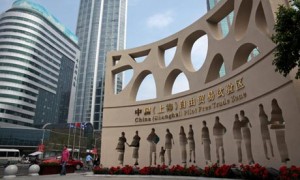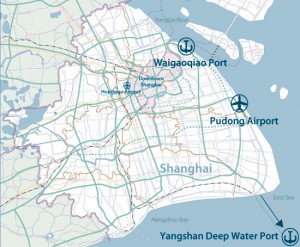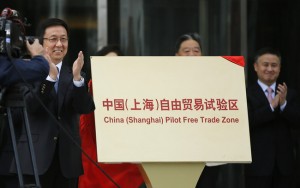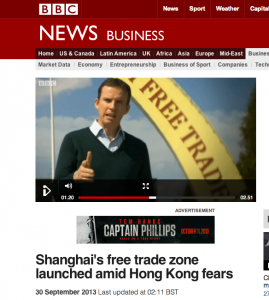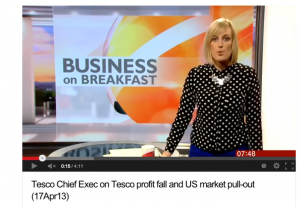It is vital for a business that intents to be successful to be clear about their targeted consumers. It is possible to please very consumer, but identifying the personas of the most important people to the business is going to shape business model and its strategies.
By viewing analytics and sales reporters, we can get an insight into our consumer base and thus create personas. Pick a handful that can represent the majority of our consumer. Look at personal information about customer base e.g. single no kids, Parents, Retired. Also look at product and service base and interaction levels with the business e.g. casual user, frequent buyer, enthusiast. Then name each personas based on their traits.
The central point after creating personas is to keep them being logged and tracked. This can be done by observing how consumer assigned into one persona react and respond to the changes in the good and services. Test and review communications to these personas. E.g. direct mail, mobile text, email etc. Look at the response rates/sales and be conscious of the timings to avoid individual customers suffering communication fatigue. Also use personas in any usability testing to ensure that the business is not alienating the majority of customer base through changes.
Incorporating Buyer Personas Into Marketing Strategy (video)
Reference:
http://www.smartercommerceblog.com/articles/2013/10/03/have-you-identified-your-customer-personas/





